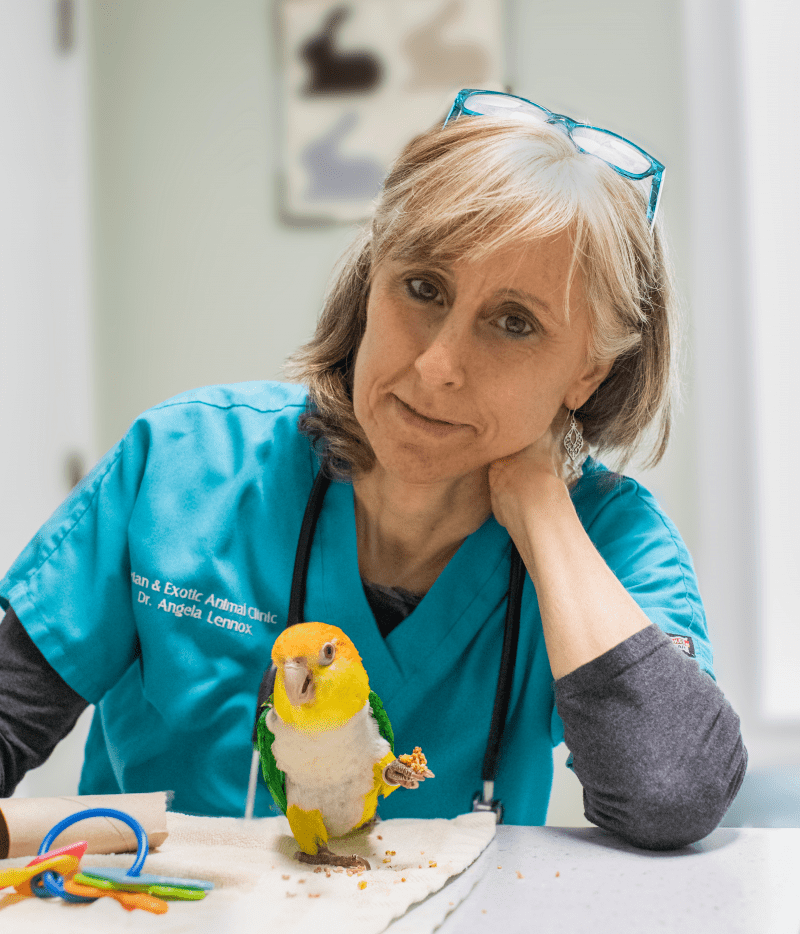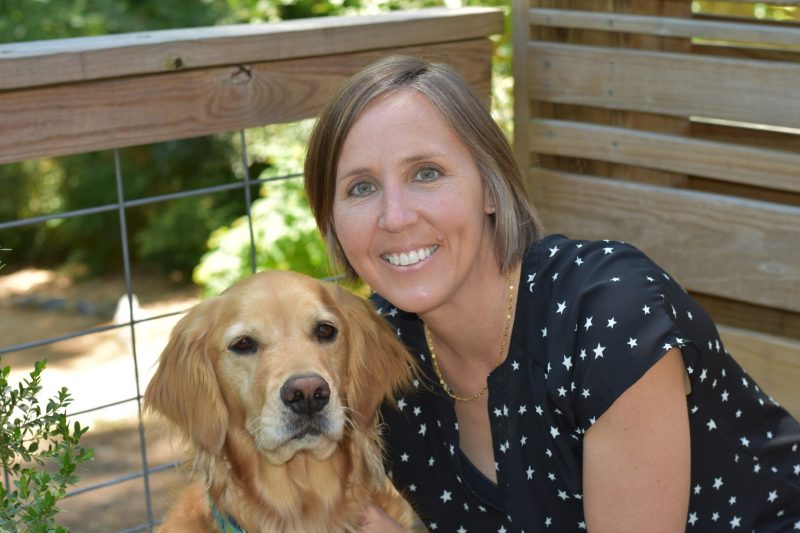| 10:30 AM-11:20 AM |
Becoming a Veterinary Technician Specialist (VTS)
Take your career to the next level. Becoming a Veterinary Technician Specialist (VTS) is both hard and rewarding. It can open up many opportunities. We will review what is required to became a VTS as well as the current 16 recognized specialties.
|
| 11:30 AM-12:20 PM |
Implementing a Nutritional Consultation Program in Your Hospital
Learn how to structure and perform a nutritional consultation and how to address common questions that owners may ask. Technicians should be discussing nutrition with pet owners; this session will help start the conversation. We will work through a case, demonstrating how to do a nutritional consultation and the value of having a nutritional counselor program in a hospital.
|
| 2:00 PM-2:50 PM |
Understanding Pet Food Labels (Part 1)
There is lots of confusion today about pet food labels; this session will discuss who regulates pet food labels and what needs to be on a pet food label. It will give you tips and tricks to take back the power from the internet and have a nutritional conversation about any food the pet owner is feeding, based on parts of the pet food label.
|
| 3:10 PM-4:00 PM |
Understanding Pet Food Labels (Part 2)
There is lots of confusion today about pet food labels; this session will discuss who regulates pet food labels and what needs to be on a pet food label. It will give you tips and tricks to take back the power from the internet and have a nutritional conversation about any food the pet owner is feeding, based on parts of the pet food label.
|
| 4:10 PM-5:00 PM |
Management of Canine Lower Urinary Tract Disease
Canines are susceptible to several different uroliths. We will discuss the two most common canine uroliths seen in dogs today: magnesium ammonium phosphate (struvites) and calcium oxalate. We will look at prevalence, diagnostics, key nutritional options, and nutritional management of canine uroliths.
|
| 5:10 PM-6:00 PM |
Management of Feline Lower Tract Urinary Disease
Feline lower urinary tract disease is the most common reason cats are relinquished to shelters. We will look at the most common causes and management options—especially for feline idiopathic cystitis, the most frequently seen condition in cats.
|
![]()






























